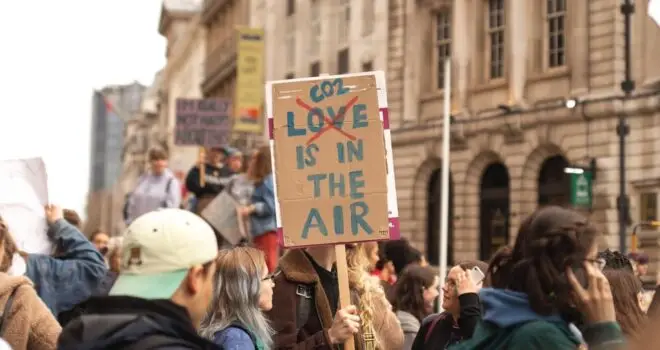This year’s Conference of the Parties to the United Nations Framework Convention on Climate Change – more commonly known as COP – was perhaps the largest-ever meeting convened to address the ongoing challenges of climate change. It was a landmark year for the global health community, and despite some shortcomings in the final texts of the agreements, WHF welcomes the progress made on addressing environmental determinants of health.
The Global Stocktake (GST) at COP28, intended as a scorecard of the Paris Agreement, saw intense negotiations throughout the two-week event, chiefly regarding fossil fuels. While there was only slight improvement on language about transitioning away from all fossil fuels to reach net zero by 2050, the GST did ultimately send a strong political signal about the imminent end of the fossil fuel era. Positive aspects included tripling renewable energy by 2030, doubling energy efficiency, and measures on methane reduction, transport cleanup, and halting deforestation. However, health organizations in particular remain concerned over the inclusion of gas as a transition fuel, lack of progress on coal phaseout language, and limited advances in fossil fuel subsidy language.
The Global Goal on Adaptation was adopted at COP28, providing a framework for a united response to increasing climate impacts. WHF particularly welcomes the Global Adaptation Target for Health, which calls for resilience against climate change health impacts, the promotion of climate-resilient health services, and a significant reduction in climate-related morbidity and mortality, particularly in the most vulnerable countries. The Loss and Damage fund, operationalized with over $700 million pledged, faced challenges as divisions on fossil fuels and financing continued to prove problematic. The health and humanitarian sectors at the forefront of climate impacts need to continue to speak about loss and damage as a major element of climate change to see this fund implemented and promoted.
Happily, participation of youth and health groups took center stage throughout the conference, with the formalization of the youth champion position and the observance of the first-ever COP Health Day, garnering commitments and formal statements from key countries, individuals, and civil society organizations. The COP28 Declaration on Climate and Health has thus far been endorsed by 143 countries, with a commitment of $1 billion in climate-health finance.
Much remains to be desired in the global language on climate change action, but this should not detract from the significant gains made by the Parties and advocates who brought about the COP28 agreements and the health champions who finally made their voices heard in the global climate arena. The World Heart Federation was proud to take part and looks forward to supporting further action on climate and health.


